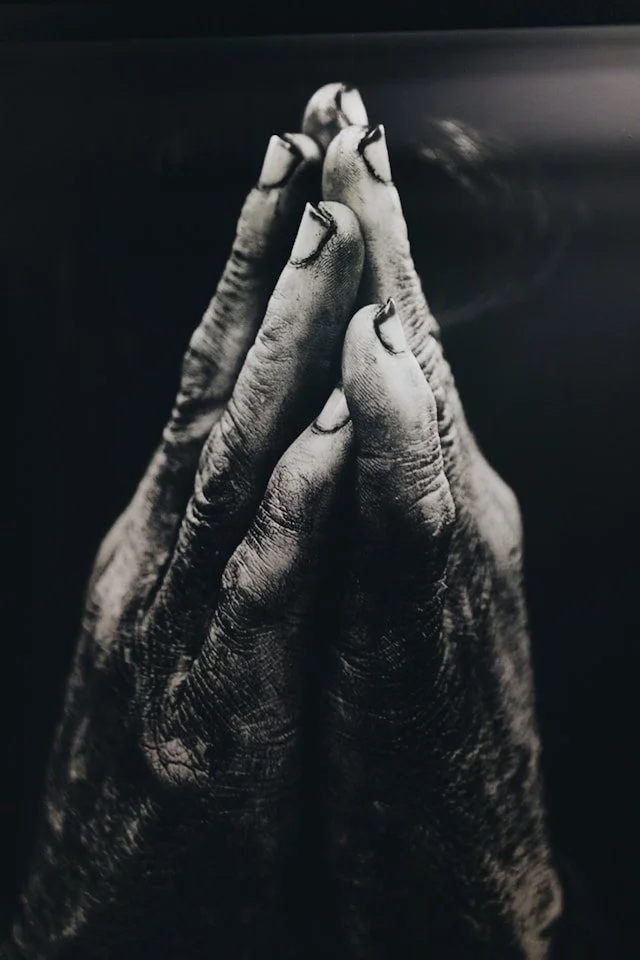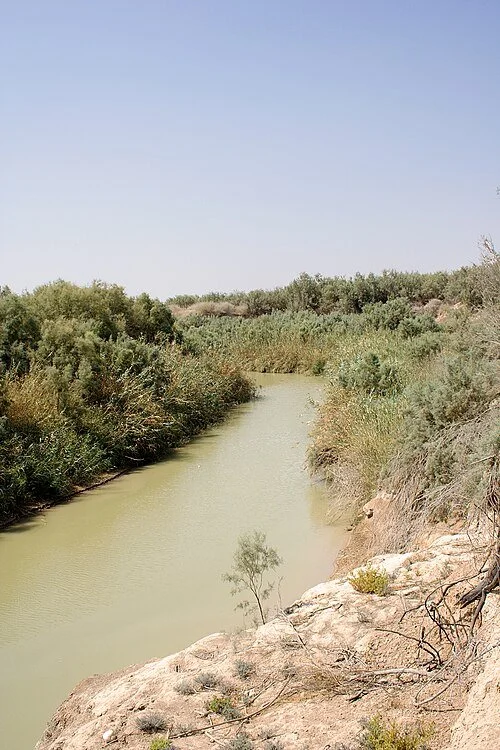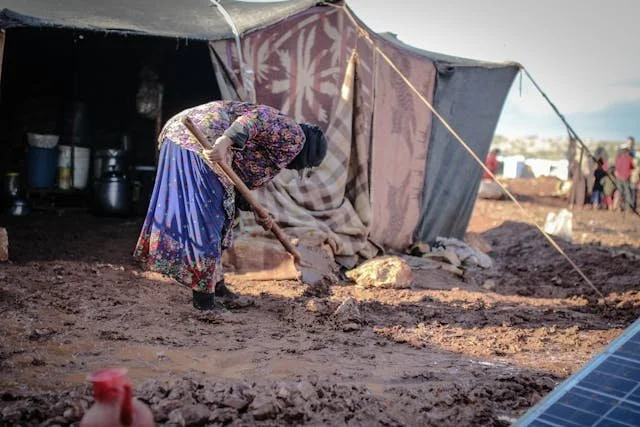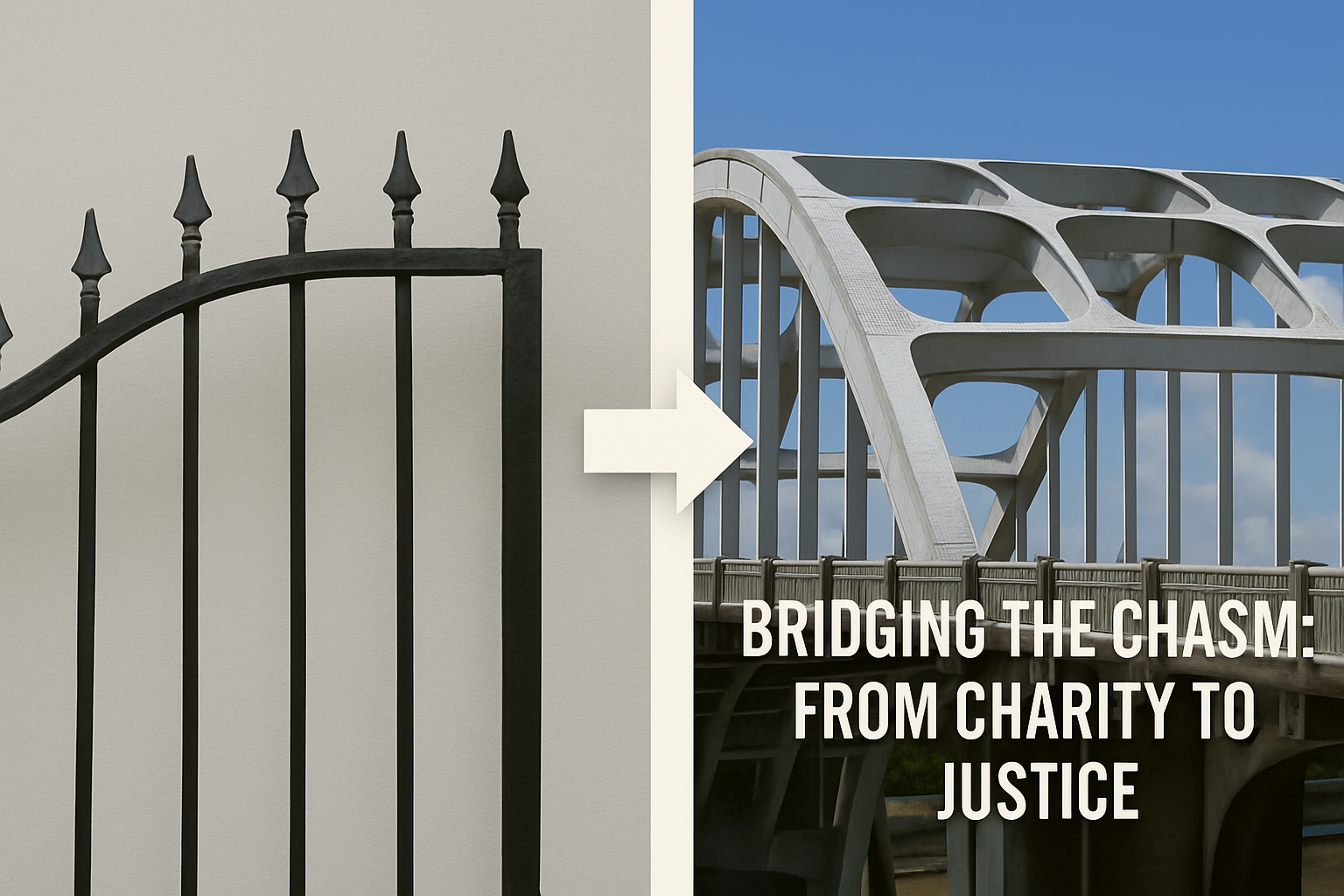FAQ:
"What are you asking us to do?"
We're inviting people to partner with us in justice work—whether that's through monthly giving, through offering your time and skills, or both. Solidarity shows up in different ways, and we're trying to make it easier for people to be part of the work, however it makes sense for them.
"What if I can't afford to give money right now?"
Then don't. If you have sweat equity to offer (your time, presence, skills, creativity), we'd love that. Email us at douglassblvd@gmail.com and tell us what you'd like to contribute. Justice work needs both resources and people showing up.
"What do monthly financial partners get?"
Weekly newsletter emails that keep us informed about what DBCC is doing. That's it. No membership expectations, no committees, just partnership.
"How do I offer time/skills instead of money?"
Email us at douglassblvd@gmail.com and tell us what you'd like to offer. We'll connect you with opportunities as they emerge—whether that's showing up at specific actions, lending your skills to projects, or being present when the work calls for witnesses.
"Can I do both—give monthly and show up sometimes?"
Absolutely. Some people partner financially. Some people partner with their presence. Some do both. Whatever makes sense for you.



















